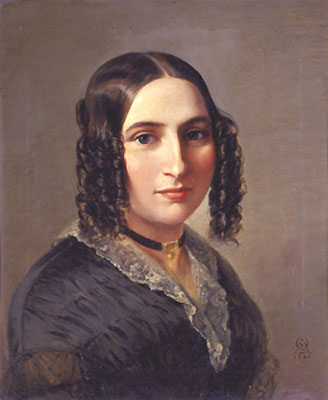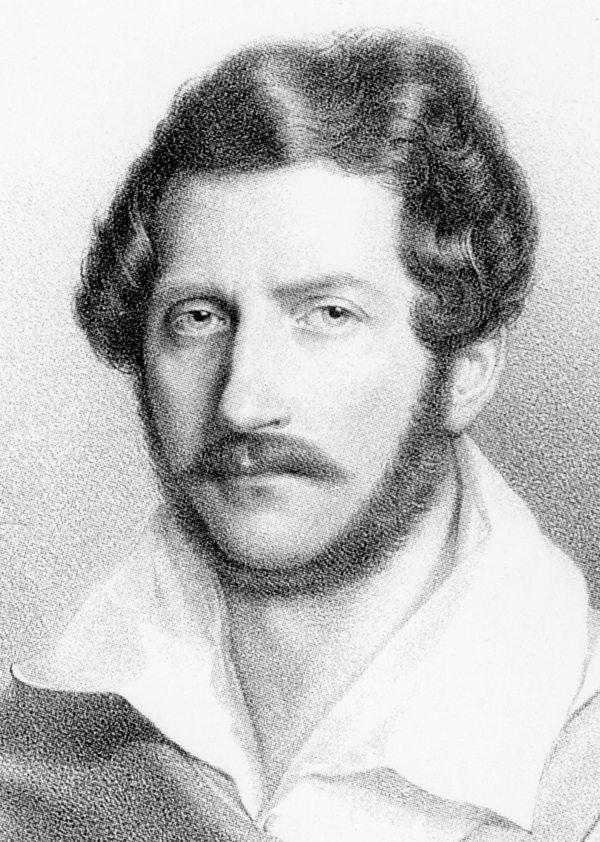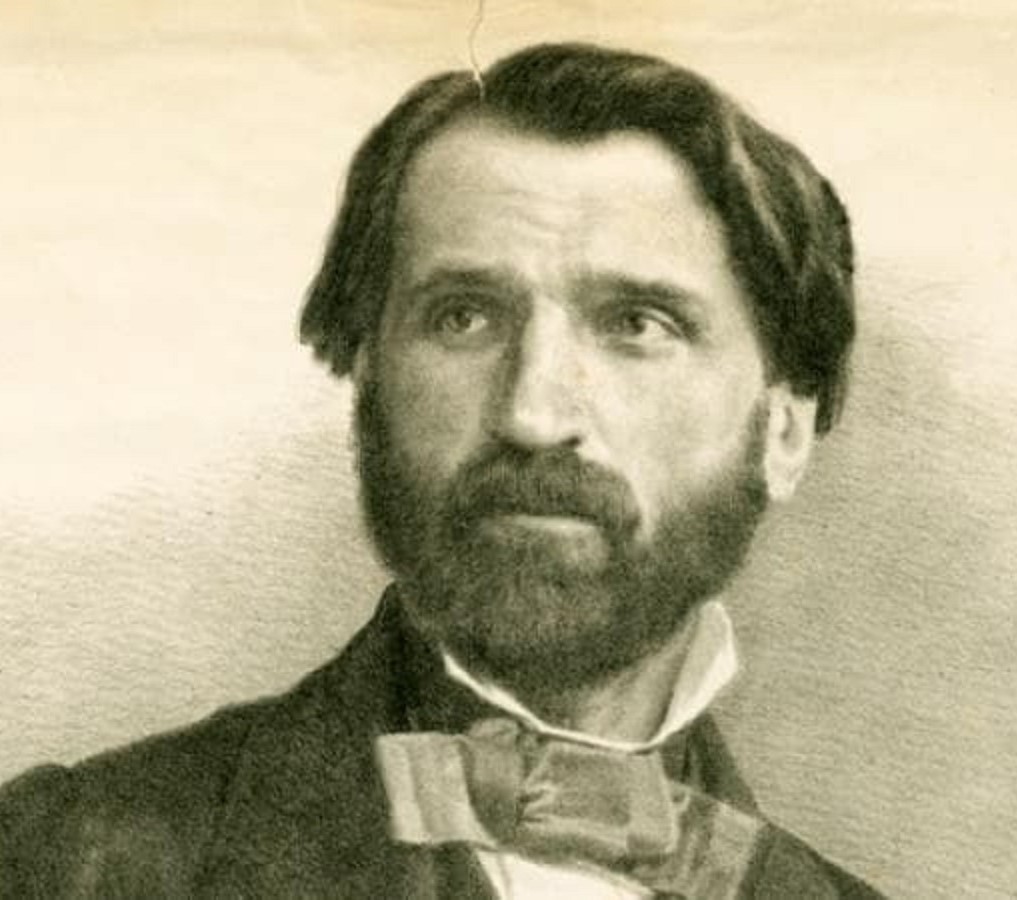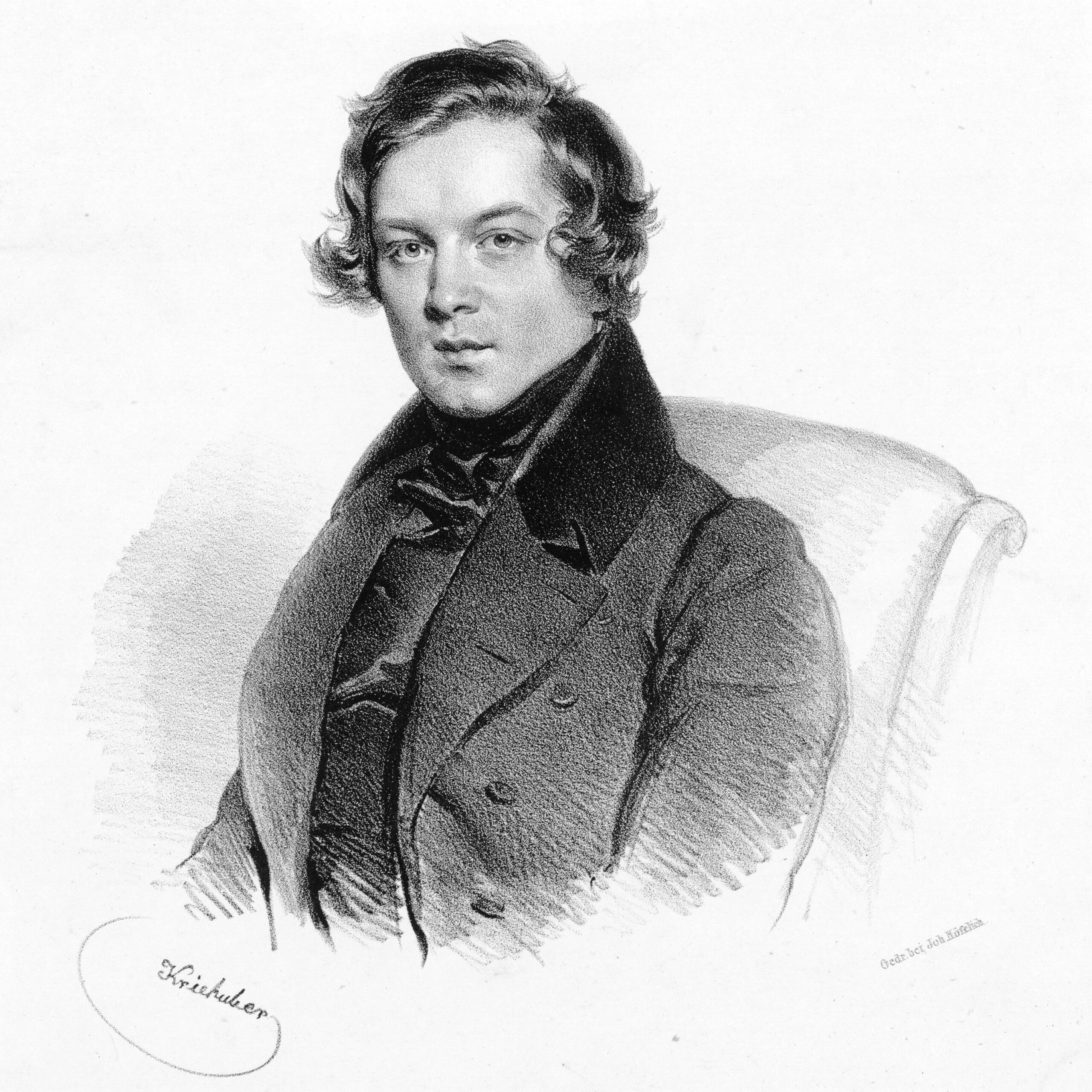1849: Lisztomania
Long before Justin Bieber, Tom Jones, the Beatles or Frank Sinatra, there was Franz Liszt.
He was not quite history’s First Rock Star. Several before him, including Alessandro Rolla, John Field, Niccolò Paganini and the eighteenth century castrato legend Farinelli, might have laid equal claim to such an honour. But Liszt would certainly take things to a whole new level, lending his name to an astonishing pan-European craze of the 1840s: Lisztomania …









